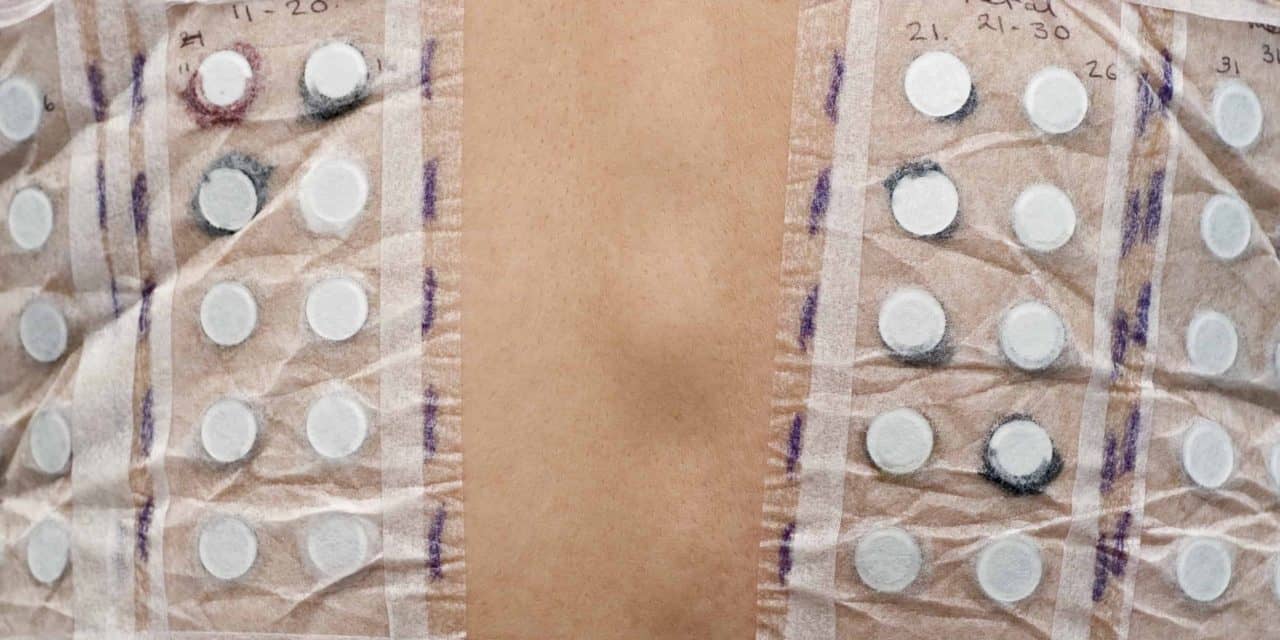Leishmania skin test (LST) evaluates the delayed type hypersensitivity to Leishmania antigens (LA) and has been used for diagnosis of cutaneous leishmaniasis (CL). CL patients usually present a positive LST, but as small percentage have a negative LST (LST-). The aim of this study was to determine the clinic and immunologic features and response to antimony therapy in LST- CL patients.
Here we compare the clinic presentation, response to therapy and immune response of CL patients with LST- versus LST+.
The clinic presentation was similar in both groups, but LST- patients had a lower cure rate. In the lesions, LST- patients displayed less inflammation, necrosis and higher frequency of CD8+ T cells. Mononuclear cells from LST- had a poor Th1 response but levels of IL-1β, IL-6, IL-17, granzyme B and metalloproteinase-9 (MMP-9) were similar to the LST+ group upon stimulation with LA. Leishmania internalization and killing by macrophages were similar in both groups. Cure of disease was associated with restoration of Th1 response.
In LST- patients, impairment in Th1 response is associated with therapeutic failure, and the increased frequency of CD8+ T cells and high production of inflammatory cytokines, granzyme B and MMP-9 contributes to immunopathology.
© The Author(s) 2020. Published by Oxford University Press for the Infectious Diseases Society of America. All rights reserved. For permissions, e-mail: journals.permissions@oup.com.
Impaired Th1 response is associated therapeutic failure in patients with cutaneous leishmaniasis caused by Leishmania braziliensis.


